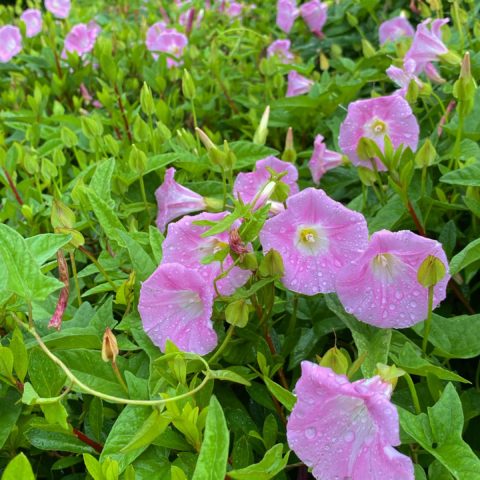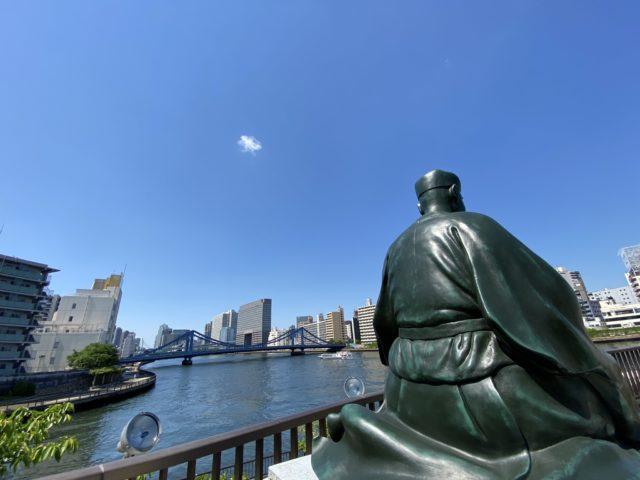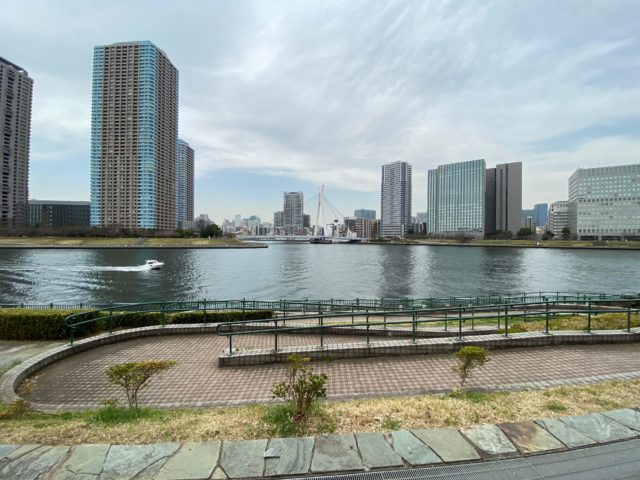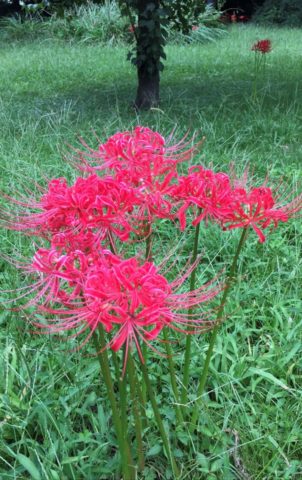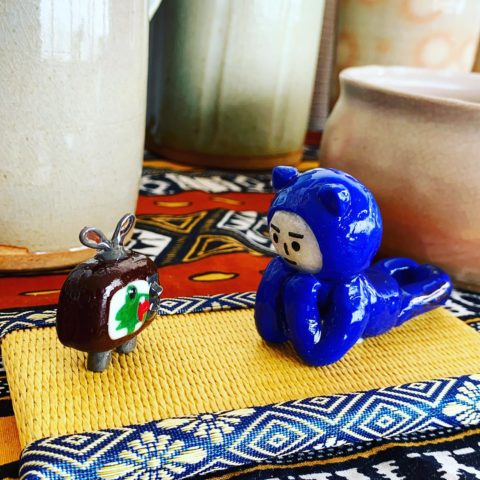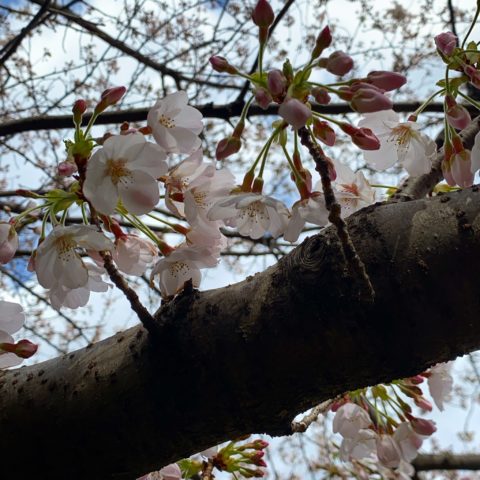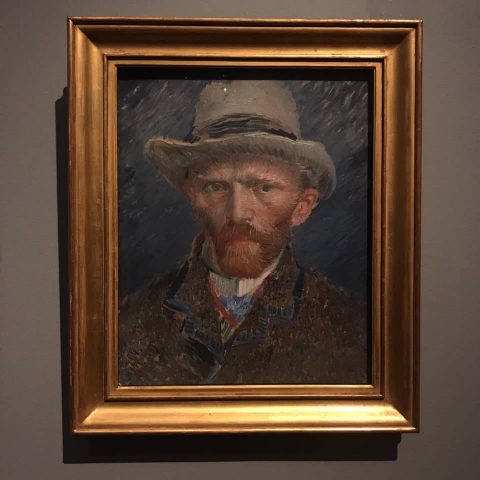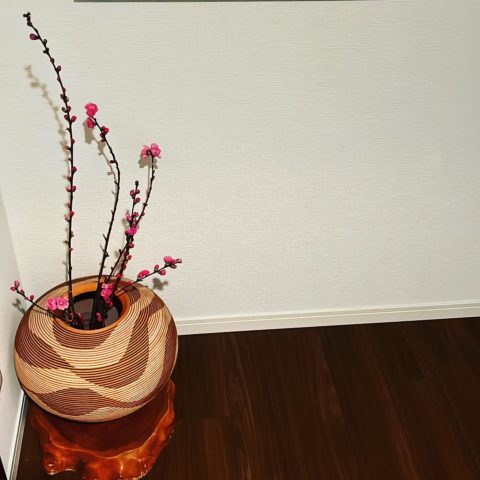
HAIKU FOR MY FATHER by Yuri Kageyama
A dead man’s desk
Snacks he’s forbidden to eat
Magic tricks for grandchildren
My father died in his 70s, a big man with big ambitions, prone to cruelty and violence but just as quick with his brilliance, generosity and humor. He calmed down a bit with age. And it was natural he was far more loved by his grandchildren, who found him just hilarious, than by his daughters, who had found him oppressive. His desk upstairs had to be cleaned out after he died. My mother found bags of treats like nuts and kakinotane he was secretly eating, because his doctors had put him on a strict diet for his heat condition. She also found toy magic tricks he had also bought secretly and had been practicing to impress his grandchildren. They adored him, played games, ran around outside with him, going fishing or going on goofy rides at a tiny park. They would laugh and laugh with this old roly-poly man, who was really just one of them, never mind he was a former NASA engineer and university professor. My mother used to say my father always acted as though he couldn’t care less if his grandchildren visited or not. She wondered why he would say such an obviously untruthful thing. That was my father, too proud and too big and strong to admit to any weakness, like missing his grandchildren. There is nothing as heartbreaking as love because even love must come to an end with death. But love that can’t be expressed openly, and must be stashed away like magic tricks in the drawer of a desk. I don’t know what to call such love. But it is love.
